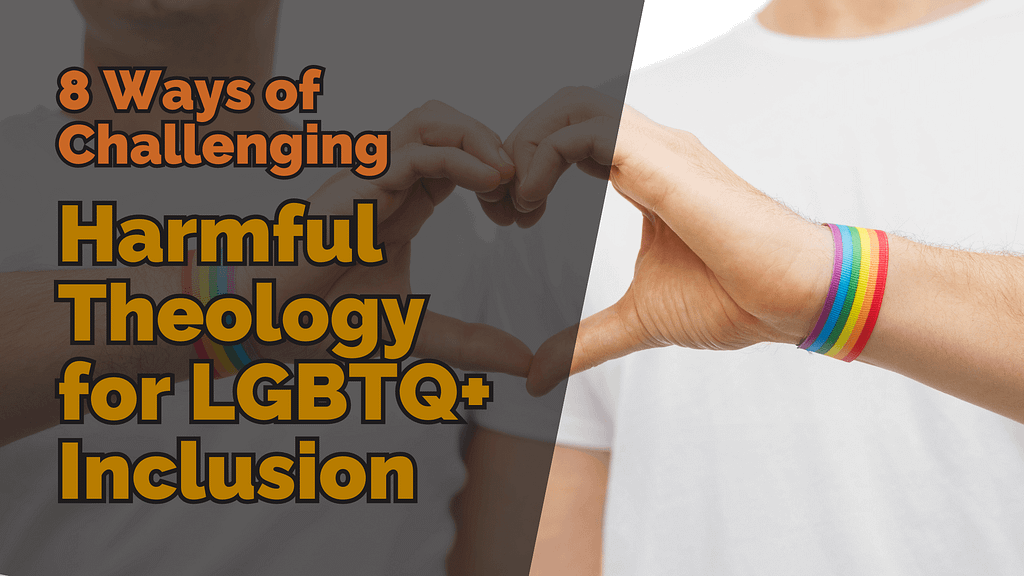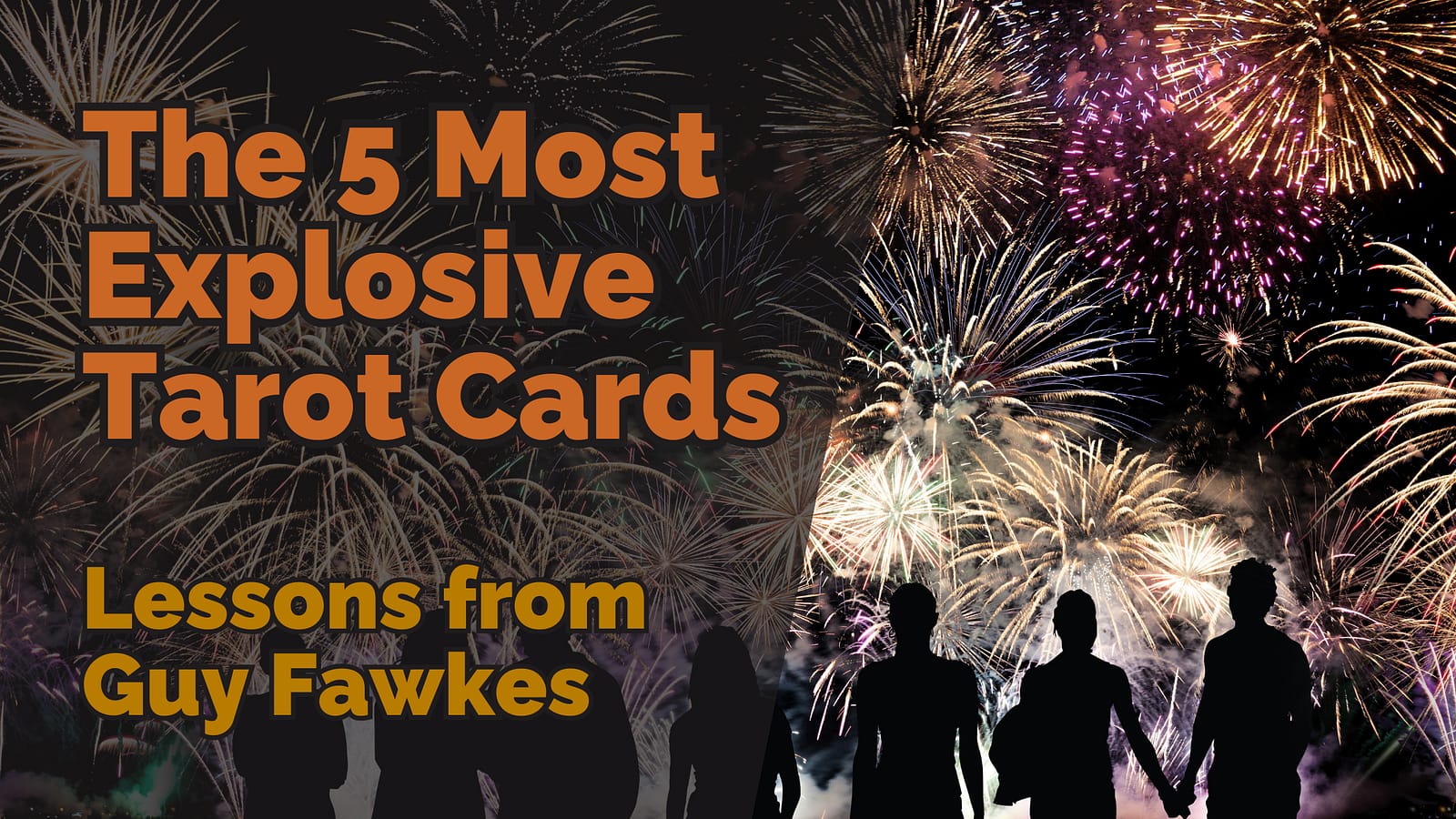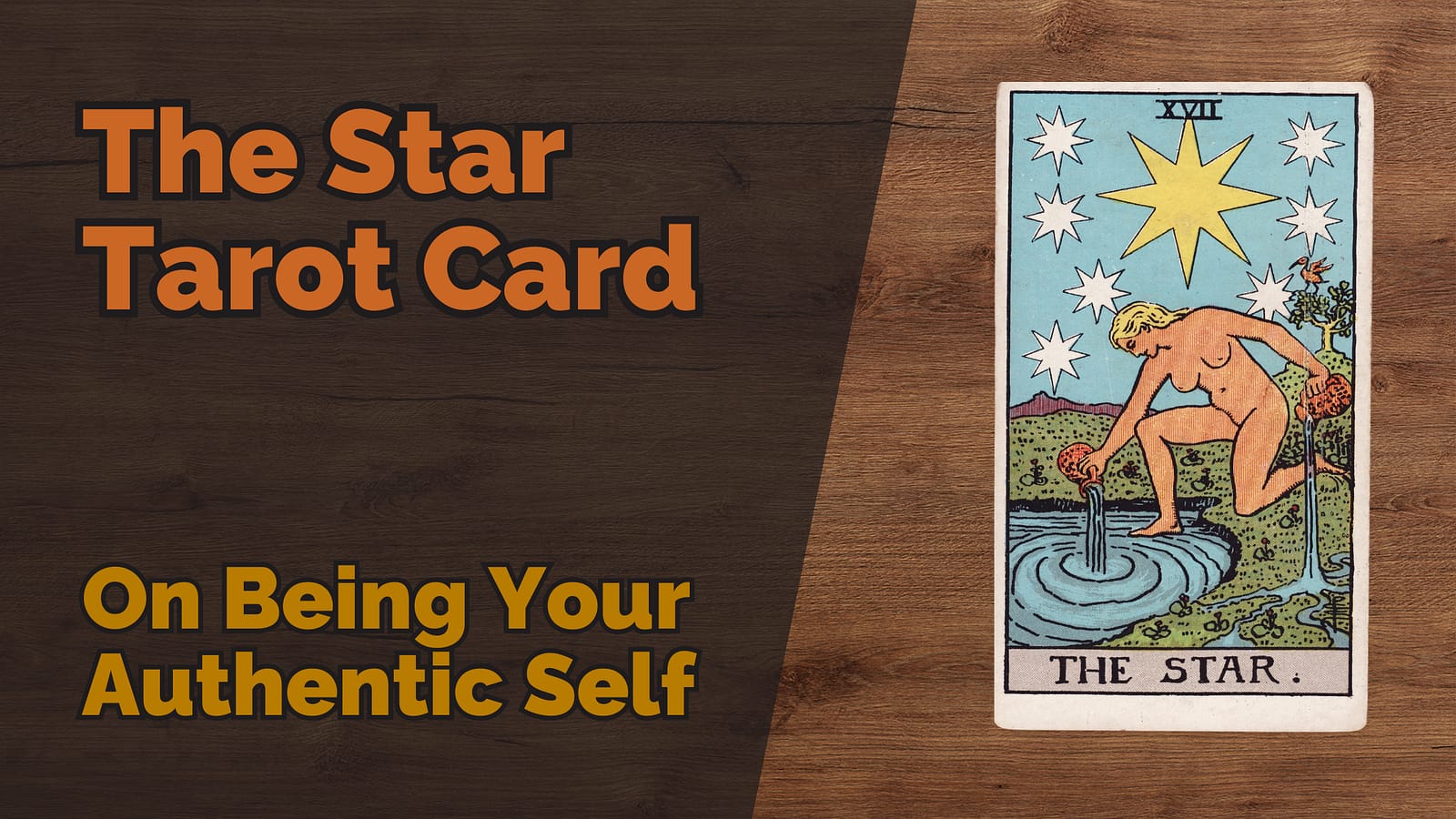
Table of Contents
I remember sitting in a student connect group at my previous church, listening to a guest speaker claim they were “ex-gay.” Their story was framed as a victory over their “sinful” desires, the lesson clear: suppress who you are, repress your truth, and conform to a theology that demands self-denial. The more they spoke, the more a deep discomfort settled in. How could this be the message of love and acceptance that the church claimed to teach? What I was hearing wasn’t love—it was spiritual violence.
That moment was pivotal for me. It marked the beginning of my deconstruction, a process of peeling back the layers of and challenging harmful theology I’d been taught, questioning not just the teachings but the way the Bible had been weaponised to justify homophobia, transphobia, and the exclusion of LGBTQ+ people. I watched as friends, colleagues, and fellow congregants were marginalised, silenced, or pushed out of the church. But I also saw the way trans and non-binary voices, in particular, were erased altogether from the conversation.
Harmful theology distorts faith, turning what should be a message of love, inclusion, and justice into a tool of oppression. But it doesn’t have to be this way. We can reclaim our spiritual spaces, prioritise challenging harmful theology that excludes us, and build communities that celebrate the full spectrum of gender and sexuality. This article outlines eight ways we can be challenging harmful theology and advocate for true LGBTQ+ inclusion in spiritual spaces.
1. Understanding Harmful Theology: The Need for Challenging Harmful Theology
Harmful theology manifests in many forms, but at its core, it is theology that excludes, silences, and marginalises. Growing up in the church, I saw this most clearly in the way LGBTQ+ people were treated. We were told that we were welcome—so long as we didn’t “act on” our identities. This kind of conditional acceptance is not love. It’s a form of spiritual violence that pushes people into the shadows, forcing them to choose between their faith and their true selves.
Trans and non-binary people, in particular, are often erased from these conversations. Much of the church’s theology around gender is rooted in rigid binary ideas of male and female. But for those of us who don’t fit neatly into these categories, this theology is not just harmful—it’s suffocating. The focus on cisgender women in many spiritual spaces, especially in neo-pagan and New Age circles, further compounds this exclusion. Rituals like moon circles, which centre around menstruation, fertility, and the divine feminine, often alienate both trans men, trans women, non-binary people, and others who don’t share those experiences.
At WellQueer, we focus on challenging harmful theology like this. Our events are designed to be inclusive of all genders and sexualities, creating a safe space where trans men, trans women, non-binary people, and everyone in between can explore spirituality without fear of exclusion. We reject the idea that spirituality is “for women only” and instead create rituals and practices that honour the diversity of gender experiences. Because spirituality should be for everyone.
2. Reinterpreting the Clobber Verses: A Key Step in Challenging Harmful Theology
The Bible’s so-called “clobber verses” have been used for centuries to condemn LGBTQ+ people, but when we examine these verses in their historical and cultural context, their meaning becomes much more nuanced. Let’s start with the verses in Leviticus. Leviticus 18:22 and 20:13 are often cited as blanket condemnations of same-sex relationships, but these laws were written in a time and place where sexuality was understood very differently from how we understand it today.
In ancient Mesopotamian societies, like Ancient Israel, sexual relationships were framed by patriarchal power dynamics, focusing on dominance rather than equality. Instead, they were understood in terms of dominance and penetration—one person dominated, and the other was penetrated. This dynamic was rooted in a patriarchal society where being “penetrated” was seen as degrading. The laws in Leviticus were speaking to this context, where a man being treated “like a woman” was considered shameful. These laws were about reinforcing gender roles and maintaining the social hierarchy, not about condemning loving, consensual same-sex relationships.
When we move to the New Testament, we see a similar pattern of misunderstanding. In 1 Corinthians 6:9-10, Paul uses the term arsenokoitai, a word he likely coined himself. This term is often mistranslated as “homosexuals,” but that’s a gross misinterpretation. Arsenokoitai likely referred to exploitative sexual practices, such as pederasty or temple prostitution, which were common in the Greco-Roman world. Paul wasn’t talking about loving, consensual same-sex relationships because the concept of sexual orientation as we understand it didn’t even exist in his time.
Romans 1:26-27 is another frequently cited passage. Here, Paul condemns certain sexual behaviours, but again, the context is crucial. He is addressing idolatrous practices where people engaged in lustful, exploitative sexual acts as part of their worship of false gods. This passage is not a blanket condemnation of LGBTQ+ people—it’s a critique of idolatry and exploitative sexual practices.
When we understand the cultural context of these clobber verses, it becomes clear that they are not speaking to the kinds of relationships we see today. Instead, they reflect a world that understood sexuality and gender very differently from how we do now.
3. Trans and Non-Binary Inclusion in Spiritual Spaces
One of the biggest challenges I’ve seen in spiritual spaces is the way they often centre cisgender women while excluding trans and non-binary people. Whether it’s moon circles that focus on menstruation and fertility or rituals that invoke the “divine feminine,” these practices can feel alienating for those of us who don’t fit into traditional gender categories.
At WellQueer, we’ve worked hard to challenge this narrative. Our events are designed to be fully inclusive of all genders, recognising that spirituality is not just for cis women. We’ve created rituals and practices that honour the diversity of our community, whether that’s through gender-neutral language, inclusive meditations, or practices that celebrate the spectrum of gender experiences.
One of the most empowering things about creating WellQueer has been seeing how trans and non-binary people respond to these inclusive spaces. So many of us have been pushed to the margins of spiritual communities, told that our bodies, our identities, don’t belong. But that’s simply not true. Spirituality is for everyone, and it’s time that our spiritual practices reflect that.
We’re not the only ones doing this work. There’s a rich history of gender diversity in spiritual traditions that we can draw from. In the Talmud, for example, there are references to eight distinct gender identities. And in the Greco-Roman world, eunuchs were often seen as a third gender, existing outside the binary categories of male and female. These ancient traditions offer a way to reclaim spiritual spaces for trans and non-binary people, challenging the cisnormativity that has taken over many modern spiritual practices.
4. Reclaiming Trans and Non-Binary Identities in Scripture
Contrary to popular belief, the Bible doesn’t say anything explicitly against transgender or non-binary people. In fact, some passages can be interpreted as affirming gender diversity. One of the most compelling examples comes from Matthew 19:12, where Jesus speaks about eunuchs. In the ancient world, eunuchs were often seen as a third gender—people who didn’t fit neatly into the categories of male or female.
In this passage, Jesus acknowledges that some people are born eunuchs, some are made eunuchs by others, and some choose to become eunuchs for the sake of the kingdom of heaven. What’s significant here is that Jesus doesn’t condemn eunuchs—instead, he validates their existence. He recognises that there are people who don’t fit into traditional gender roles and that their lives are still valuable and worthy in the eyes of God.
This passage has been interpreted by some scholars as an early recognition of gender diversity, making room for trans and non-binary people within the biblical narrative.
In Jewish tradition, the Talmud also offers room for gender diversity. There are references to up to eight different gender identities, acknowledging that gender is not a simple binary. Some interpretations of the creation story in Genesis even suggest that Adam, the first human, may have been androgynous, embodying both male and female traits.
These stories and traditions offer a way to reclaim scripture for trans and non-binary people. They challenge the rigid gender binaries that have been imposed by conservative theology and offer a more inclusive, affirming vision of what it means to be human.
5. Spiritual Advocacy: Challenging Harmful Theology for LGBTQ+ Rights
Spiritual advocacy requires more than just passive support; it’s about actively fighting for inclusion and confronting harmful systems that perpetuate exclusion. One thing that has become clear to me over the years is that LGBTQ+ people, particularly trans and non-binary individuals, are often tolerated in faith communities but rarely fully included. Tolerance isn’t enough—we deserve spaces where we are celebrated, uplifted, and given leadership roles. But this requires actively challenging theologies and systems that have historically excluded us.
At WellQueer, our advocacy is rooted in creating inclusive, safe spaces for all people, especially those who have felt alienated from spirituality because of their gender or sexuality. We don’t just provide a space for LGBTQ+ people to participate in spirituality—we work to centre our experiences and voices in the conversation. This means challenging harmful theology and the cisnormative structures that dominate many spiritual spaces, whether that’s by rethinking rituals, using inclusive language, or challenging leaders who perpetuate exclusionary practices.
Advocating for LGBTQ+ inclusion in faith communities also means addressing the power dynamics that often keep us on the margins. Too many spiritual spaces are still controlled by cisgender, heterosexual leaders who don’t see or understand the needs of LGBTQ+ people. We need more LGBTQ+ leaders in these spaces, particularly trans and non-binary individuals, who can push for meaningful change and make challenging harmful theology that is used against us a priority.
Spiritual advocacy isn’t just about making room for us at the table—it’s about rebuilding the table entirely, making sure that it reflects the diversity and richness of human experience. By doing this, we can create spiritual spaces that are not just inclusive but transformative, spaces where all people, regardless of their gender or sexuality, can connect with the divine.
6. Combating Homophobia and Transphobia in Faith-Based Settings
One of the most pervasive issues in faith communities is the way homophobia and transphobia are often embedded into the very fabric of spiritual spaces. This can range from explicit condemnations of LGBTQ+ identities to more subtle forms of exclusion, such as gendered rituals or language that excludes trans and non-binary people. These spaces often send a clear message: you are not fully welcome here.
Combating this requires a multi-layered approach. First, it means confronting and challenging harmful theology that is used to justify homophobia and transphobia. As we’ve discussed with the clobber verses, many of these theological arguments are based on misinterpretations of scripture that don’t take into account the cultural and historical contexts in which they were written. By challenging these interpretations, we can begin to dismantle the theological frameworks that have been used to justify exclusion.
But it’s not enough to just reinterpret scripture. We also need to address the systemic and structural issues within spiritual communities that allow homophobia and transphobia to flourish. This means rethinking leadership structures, creating accountability for harmful behaviour, and ensuring that LGBTQ+ voices are heard and valued. It means ensuring that trans and non-binary people, in particular, are not just tolerated but fully included in all aspects of spiritual life.
At WellQueer, we make sure that all our events and rituals are inclusive of all genders and sexualities. This includes using gender-neutral language, creating rituals that honour diverse experiences, and centring the voices of trans and non-binary people in everything we do. By doing this, we create a space where LGBTQ+ people can connect with spirituality in a way that affirms their identity, rather than forcing them to suppress it.
7. Promoting LGBTQ+ Leadership in Spiritual Spaces
True inclusion in spiritual spaces means more than just allowing LGBTQ+ people to participate—it means promoting LGBTQ+ leadership. Too often, LGBTQ+ people are allowed to be members of faith communities, but we are rarely given positions of leadership or authority. This is particularly true for trans and non-binary individuals, who are often excluded from leadership roles entirely.
When LGBTQ+ people, especially trans and non-binary folks, are in leadership positions, it sends a powerful message: we belong here. Our experiences, our insights, and our voices are just as valid as anyone else’s. But promoting LGBTQ+ leadership isn’t just about representation—it’s about transformation. LGBTQ+ leaders bring a unique perspective to spiritual spaces, one that is often rooted in empathy, inclusivity, and a deep understanding of what it means to be marginalised.
In my own experience, being non-binary has deeply influenced how I think about spiritual leadership. Traditional models of leadership in many faith communities are rooted in rigid, binary ideas of gender and authority. But as non-binary people, we exist outside of these binaries, and that allows us to approach leadership in a more flexible, inclusive way. By promoting LGBTQ+ leadership, we can begin to challenge these outdated models and create spiritual spaces that are more welcoming for everyone.
At WellQueer, we actively promote LGBTQ+ leadership by centring the voices and experiences of trans and non-binary people. We believe that spiritual communities are stronger and more vibrant when they reflect the full diversity of the human experience. By promoting LGBTQ+ leaders, we can help create spiritual spaces that are not just inclusive but transformative.
8. Building Inclusive Rituals and Traditions
One of the most transformative ways to challenge harmful theology is by reimagining rituals and traditions that truly honour the diversity of gender and sexuality. Many traditional spiritual practices, such as those focused on the “divine feminine,” often centre around cisgender women’s experiences—emphasizing menstruation, fertility, and childbirth. While these are important aspects of many women’s spiritual journeys, they can feel alienating for trans women, trans men, non-binary people, and others who don’t share these experiences.
At WellQueer, we aim to create inclusive rituals that reflect the diversity of our community. This includes using gender-neutral language, crafting meditations and practices that honour the full spectrum of gender identities, and developing new traditions that are open to all. Our goal is to make spirituality an affirming space where everyone—regardless of gender or sexuality—can connect with the divine in ways that resonate with their unique experiences and identities.
One of the ways I’ve personally worked to build inclusive spiritual spaces is through my tarot practice. Using decks like the Fifth Spirit Tarot and the Queer Tarot, which were created by queer artists and centre LGBTQ+ experiences, I strive to create readings that acknowledge the unique challenges and joys of being LGBTQ+ in a world that often doesn’t fully see us. These inclusive rituals foster healing and transformation, creating spaces where people of all gender identities and sexualities feel truly recognized and valued.
Inclusive rituals are about more than just changing language or adapting traditions—they’re about fundamentally reshaping spiritual spaces to be truly affirming for all. When we create rituals that honour the diversity of gender and sexuality, we not only create inclusive spaces but cultivate environments that promote deep, lasting transformation.
Conclusion
Challenging harmful theology and advocating for LGBTQ+ inclusion in spiritual spaces isn’t just about changing minds—it’s about transforming the very foundation of our spiritual communities. By reinterpreting scripture, promoting LGBTQ+ leadership, and creating inclusive rituals, we can build spaces that truly reflect the diversity and beauty of the LGBTQ+ community.
My journey has been deeply personal, from deconstructing the harmful teachings and challenging harmful theology of my past to building inclusive spiritual spaces through WellQueer. I’ve seen firsthand how spirituality can be a source of healing, but only when it truly honours who we are. For too long, LGBTQ+ people—especially trans and non-binary individuals—have been pushed to the margins of spiritual spaces. But we deserve more. We deserve spaces that celebrate our identities and honour our experiences.
If you’re looking for a spiritual space that not only challenges harmful theology but also honours your identity, I invite you to book a tarot reading with me. Together, we can explore your spiritual journey in a way that empowers you and helps you connect with the divine in an authentic, affirming space. Let’s create a spiritual experience that reflects who you are and embraces your full self.





